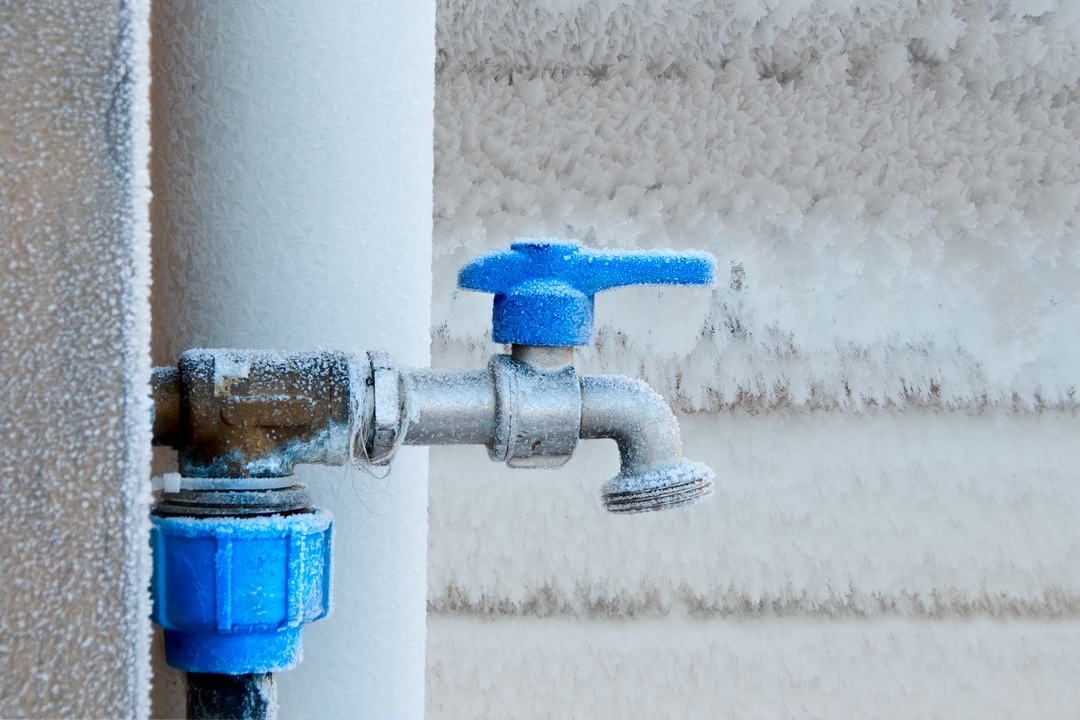As the warm weather is coming to an end and the winter is quickly approaching, it is time to think about protecting your home from the harsh cold. The cold, wet winter weather can cause serious damage to all parts of your home if you are not properly prepared.
One of the most important parts of your home that you need to protect is your pipes and plumbing system, as the cold weather can cause costly damage if you are not careful. The following are some of the most important preventative tips to protect your home from the winter months.
1.Protect pipes from freezing

With temperatures below 0ºC, water in pipes can freeze and cause the pipes to burst. The repair for this can lead to a myriad of other problems and can be quite expensive. Most pipes that are exposed to the cold air are already insulated. However, to further prevent frozen pipes from occurring, wrap the uninsulated pipes in foam and secure the foam with duct tape. Try to do this to all exposed pipes, including those attached to internal pipes. This is an inexpensive measure that will prevent a very large winter problem.
2. Fix all problems in summer months

Though budgetary restraints can prevent you from following this trick, it is very important to complete all necessary repairs during the summer months. Any small leaks can turn into larger problems with the cold weather if not attended to. Also, repairs and maintenance are much more difficult to complete during the winter, creating longer and more expensive projects.
3. Store the garden hose for the winter

While transitioning your home and yard from summer to fall, always remember to carefully stow your garden hose and seal off the main pipe it connects to. If you leave the hose outside and connected during the winter months, there is potential for the residual water to freeze and expand the hose while also freeze the faucet it is connected to. This is a very easy preventive measure that will save you from a potentially very damaging situation.
4. Drain your water heater

Many water heaters collect sediment found in water, especially in areas with hard water, over time. This sediment causes rust to develop in the tank which will eventually enter your water stream. This should be done once annually and, as draining your water heater is especially difficult in the winter months, it is recommended to drain during warmer weather to remove all rust and sediment.
5. Clear eavestroughs

During the fall months, when eavestroughs collect a large amount of leaves and particles, ensure to always have a clear path for the debris and water to drain. If there is not a clear path, residual water can cause serious damage such as freezing, expanding and lifting the eavestroughs. Another common occurrence is that once the residual water melts, it will find its way into the home creating leaks in the ceiling or walls. Many people associate this as a plumbing problem even though it is caused by an external factor. Maintain clean eavestroughs all year round to remove the possibility of this problem occurring.
Aside from the above tips, make sure to take some basic measures to keep you, your family, and your home safe in case of an emergency. Ensure that everyone in your home knows where and how to shut off the water in the case of a frozen or busted pipe, as this will be the most efficient way to prevent any further damage. Calling a plumber and taking preventative measures can drastically reduce a potential plumbing problem caused by the harsh winter weather.

